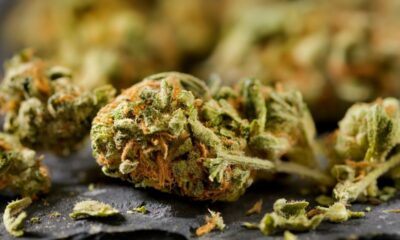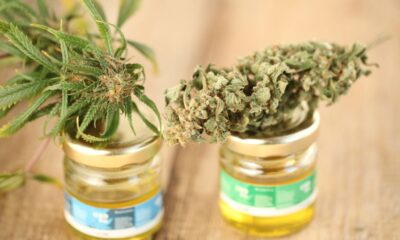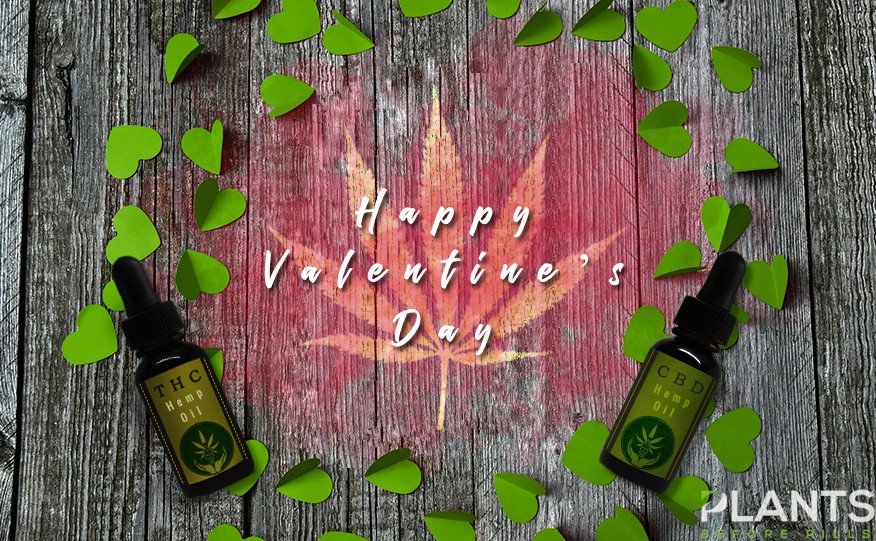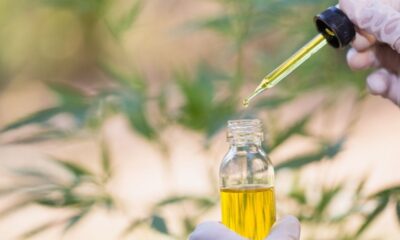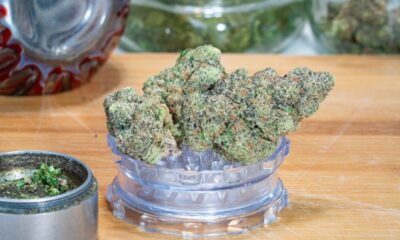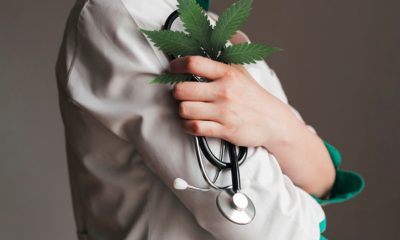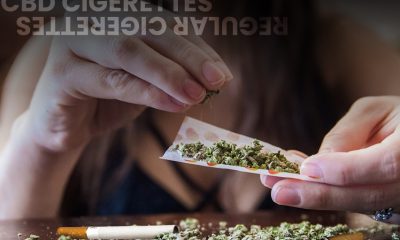Benefits of Medical Marijuana
How CBD Use Help Battle Substance Addiction
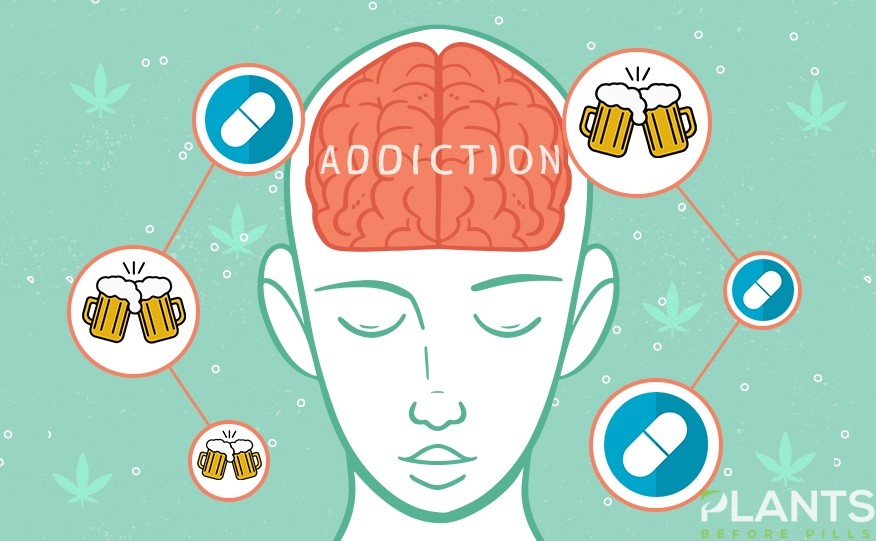
Substance addiction is one of the significant health problems in the U.S. Having this disorder leads to a wide array of medical issues ranging from mental, emotional, to social. If not addressed promptly through therapy and medication, patients with this issue would see themselves suffering from a damaged brain structure that would impact them for the rest of their lives.
Fortunately, science has discovered various treatments for addiction. One of the most promising is cannabidiol. Also known as CBD, researchers have gathered much evidence indicating the efficacy of this cannabinoid in many health issues, including substance abuse and addiction. This article will shed light on substance use disorder, one of America’s growing medical problems and how CBD products can help in the country’s fight against this damaging condition that has wasted millions of American lives.
What Is Substance Addiction?
Those who are battling addiction know how severe their condition is. Experts describe it as a brain disease that is characterized by compulsive use of certain substances despite being aware of devastating consequences. People suffering from addiction (technically known as severe substance use disorder) have a keen focus on using a particular substance, like alcohol or drugs, to the level that the action takes over their life. They have developed an obsession to keep using the substance even when they no longer need them, or they know it will lead to problems.
People suffering from a substance use disorder often develop twisted thinking, behavior, and body functions. Their intense craving for a particular drug comes from the changes in their brain’s wiring. The rewiring takes place in the decision-making, judgment, learning, and memory areas of the brain, makes it hard for them to stop their constant use of the substances where they are addicted.
Genetics play a substantial role (between 40% to 60%) of a person’s risk to addiction. Events taking place in the environment such as chaotic home environment and abuse, parents’ drug use and perspective about drugs, how the community views drugs, and poor academic achievement also causes addiction. Teenagers are also prone to drug abuse and addition as well as people with mental health issues.
Prevalence of Substance Addiction
The 2017 National Survey on Drug Use and Health revealed that, around 19.7 million Americans aged 12 and over have fought against a certain type of substance use disorder, slightly lower than the 20.1 million individuals recorded by Substance Abuse and Mental Health Services Administration (SAMHSA) in 2016. Of this figure, around 74% of them struggled with an alcohol use disorder, while approximately 38% of them fought an illegal drug use disorder.
Also, in 2017, 1 out of 8 American adults struggled with both alcohol and drug use disorders at the same time while 8.5 million adults experienced both a mental health disorder and a substance use disorder simultaneously.
Drug abuse and addiction also cost Americans more than $740 billion every year in lost workplace productivity as well as healthcare and crime-related expenses.
Most Abused Substances in the U.S.
-
Nicotine
Americans are addicted to tobacco more than any other substances. Approximately 14% of all American adults aged 18 and above are cigarette smokers. Use of this substance cost the U.S. more than $300 billion per year, including almost $170 billion in medical care for the demographic and more than $156 billion in lost productivity because of premature death from direct smoking and exposure to secondhand smoke.
Smoking leads to lung diseases such as chronic obstructive pulmonary disease (COPD), including emphysema and chronic bronchitis. It also causes heart disease, cancer, stroke, and diabetes. Tobacco smoking increases a person’s tendency to acquire tuberculosis, some eye diseases, and issues in the immune system, which include rheumatoid arthritis.
-
Alcohol
Roughly around 14.5 million Americans aged 12 and older fought an alcohol use disorder in 2017, equivalent to the 5.3% of this demographic. Addiction to this substance is also prevalent in U.S. households as more than half of all American adults belong to a family with a history of alcohol drinking problem and addiction.
Drinking alcohol can cause severe harm to the brain and most body organs. Habitual consumption of this substance can result in severe damage in the brain, particularly the cerebral cortex (mainly responsible for problem-solving and decision making), the hippocampus (memory and learning), and the cerebellum (movement and body coordination). Apart from the brain, the liver is the organ most affected by this substance. In 2015, around 47% of the 78,529 liver diseases among Americans aged 12 and older were alcohol-related.
Alcohol addiction is extremely lethal. This substance is the third-leading cause of preventable death in the U.S. with an estimated 88,000 deaths every year. Nearly half (40%) of all hospital beds in the U.S. are used to treat alcohol-related conditions.
-
Marijuana
Medicine’s miracle plant is also one of the most addictive substances in the U.S. and around the world. In 2017, around 4.1 million American aged 12 and over had a marijuana addiction. This substance is popular among teens and college students typically aged 12 to 25. In 2014, nearly 6% of U.S. college students were daily marijuana smokers, more than thrice the number of daily smokers in this demographic 20 years ago.
The intoxicating effect of cannabis comes from the tetrahydrocannabinol (THC), a compound extracted from the drug. Addiction to this substance can lead to respiratory problems like tobacco smoke as well as heart and cardiovascular disease. Abuse of cannabis use can also result in mental health issues such as impaired memory, anxiety, and depression as well as enhancing the risk of getting hallucinations, schizophrenia, and other forms of psychosis. The use of marijuana during pregnancy can also affect the development of the brain of the fetus.
-
Opioids or prescription drugs
Currently, drug overdose is a severe problem in the U.S. Among the most abused drugs are opioids. Nearly two-thirds (68%) of the more than 70,200 drug overdose deaths in 2017 involved this drug type.
Opioids are a type of drugs commonly used to provide pain relief or numbness to pain. These substances include prescription medications like fentanyl, codeine, morphine, oxycodone (OxyContin), and hydrocodone (Vicodin). Heroin, an illicit drug, is also included in this drug type.
Many patients become addicted to opioids because of their capacity for boosting a person’s mood. These substances are instrumental for releasing endorphins, a neurotransmitter that evokes positive feelings while regulating reducing the body’s sensitivity to pain. A person using these drugs can generate a temporary but powerful sense of well-being. Because of this feel-good sensation, patients find themselves desiring for another dose when the effects of an opioid dosage wear off. This constant desire to achieve good feelings to return as soon as possible often leads to addiction, technically called opioid use disorder.
-
Cocaine
Cocaine is a powerful stimulant that can elevate a person’s mood, boost feelings of well-being, and heighten energy and alertness. Because of its addictive property, similar to opioids, it can lead to changes in the brain that leads to restlessness, paranoia, irritability, panic attacks, and even a full-blown psychosis.
In 2017, Around 966,000 American over age 12 struggled with a cocaine use disorder. During the same year, 637,000 people in the same demographic received treatment for a cocaine use disorder either in their last or current stay in rehabilitation.
Aside from these substances, many Americans are also dependent on depressants, heroin, hallucinogens, and inhalants.
CBD For Addiction : How It Can Help
Although marijuana is one of the addictive substances as mentioned above, it is a source of CBD, a safe and useful compound currently used in treating a wide range of diseases, including addiction to various substances. Currently available in many forms, CBD has the following properties that make it extremely powerful in treating substance use disorders.
The main power of CBD lies in its capacity to interact with the endocannabinoid system (ECS), which is mainly responsible for regulating the functions of the organs in the body. CBD and THC (the cannabis compound mentioned earlier) both influence the body’s internal balance or homeostasis. While THC can lead to intoxication (that can lead to addiction), CBD doesn’t have that property, making it safe to use even in high doses.
With cannabidiol’s power to interact with the ECS, it can regulate the release of endorphins (which opioid and cocaine addicts crave) and other chemicals produced by the body. CBD also can enhance serotonin signaling in the brain. As a mood-regulating brain chemical, serotonin relieves anxiety, which is a common symptom when a patient stops using the substance it is addicted to. Moreover, cannabidiol can also help avoid drug use relapse after some time of abstinence. Because of CBD’s amazing brain-regulating properties, some studies even found its power in helping treat marijuana addicts.
While there is no adequate treatment for damage to the brain caused by addiction, patients with substance use disorders can experience CBD’s potency in curbing addiction by helping to reduce withdrawal symptoms and reducing the tendency to relapse. Even though most of the studies are only in the preliminary and experimental phase, scientists are positive that CBD will become a full-fledged aid for treating substance soon.
Medical Disclaimer:
The information provided in these blog posts is intended for general informational and educational purposes only. It is not a substitute for professional medical advice, diagnosis, or treatment. Always seek the advice of your physician or other qualified healthcare provider with any questions you may have regarding a medical condition. The use of any information provided in these blog posts is solely at your own risk. The authors and the website do not recommend or endorse any specific products, treatments, or procedures mentioned. Reliance on any information in these blog posts is solely at your own discretion.
Benefits of Medical Marijuana
Can CBD Help with Tinnitus?

High-pitched tones and ringing in your ears might already be a normal phenomenon to you, but this condition called tinnitus is actually a type of condition that many other people deal with, especially as they grow older over time.
People have heard that cannabidiol has been great for people dealing with different types of health conditions, from chronic pain, anxiety, insomnia and many others. With its prominence in the field, it comes as no surprise that there are many people who believe that this can help deal with tinnitus as well.
This article will let you in on what CBD products can do to help with tinnitus or if it can even help at all. Read on to find out.
What is Tinnitus?
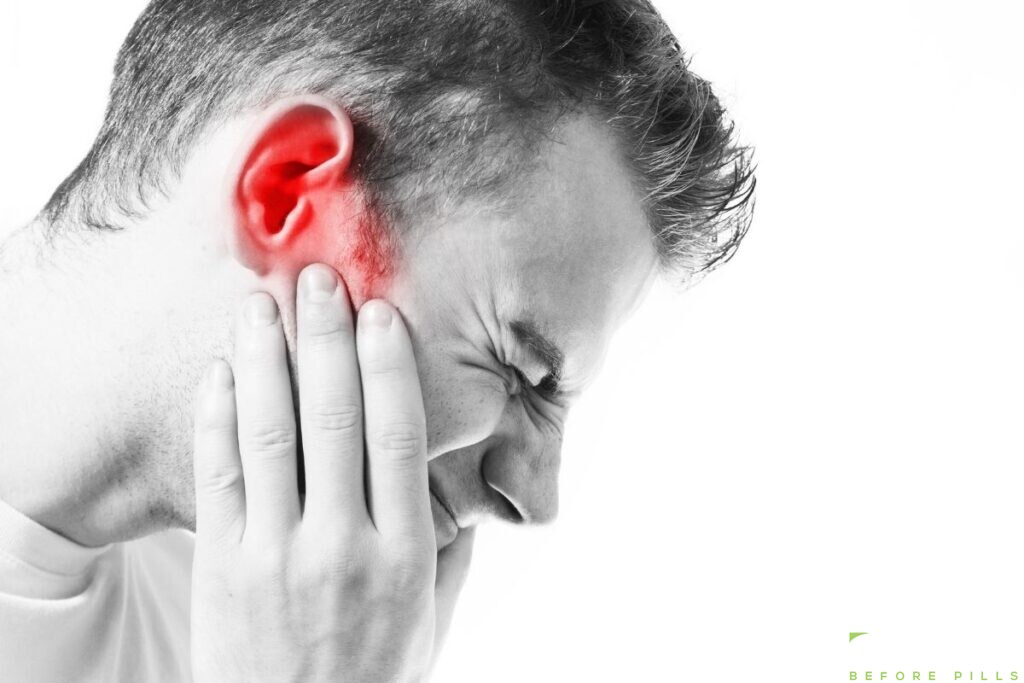
Tinnitus is commonly described as a term when you hear ringing in your ears. Apart from ringing, you can also encounter high-pitched sounds, a buzzing or hissing sound, whistling, and other similar sounds. This particular condition can actually disrupt or interfere with how you normally hear or perceive sounds.
Tinnitus is often referred to as a symptom primarily because it points to other underlying conditions. For example, this can be caused by an ear injury, hearing loss due to age, high or low blood pressure, wax buildup in the ear canal, and problems relating to the neck, jaw, or teeth, to name a few.
Those who suffer from this condition for prolonged periods of time tend to develop stress, anxiety, and even depression.
This condition is treated and managed with the help of hearing aids, sound generators, environmental enrichment devices such as CD and mp3 recordings, and relaxation techniques.
How CBD Can Ease This Condition

Individuals have their own endocannabinoid system (ECS). This is comprised of the naturally-occurring cannabinoids in the body, enzymes, as well as cannabinoid receptors. The main goal of the ECS is to provide balance and regulation to our different bodily functions.
The cannabinoid receptors in our body, namely CB1 and CB2 receptors respond to cannabinoids we take, such as that of CBD.
Help Calm Nerves
CBD oil and other cannabidiol products have the capacity to help calm the nerves and the body. With cannabinoids being found to be of great help in neural processing within the auditory system, using CBD products can slow down these neural impulses. In turn, tinnitus, and the ringing it brings in your ears, can be toned down.
Potential to Reduce Hearing Loss
A study conducted in 2020 shows a positive disposition towards the use of cannabidiol and treating hearing conditions such as tinnitus. Since CBD is known to have anti-inflammatory and soothing effects, this can reportedly aid with the condition and reduce the chances of hearing loss.
Address Side Effects That Come with Tinnitus
As mentioned, people dealing with tinnitus, especially those who have dealt with this condition for a long time now, tend to develop stress, depression, and anxiety. CBD products are effective in reducing these feelings by interacting with the serotonin receptors in the brain.
The Bottom Line
There is still quite a way to go in studying the effects of CBD on tinnitus. However, with the preliminary studies conducted, it shows that cannabidiol is promising with its ability to manage symptoms of this condition.
Medical Disclaimer:
The information provided in these blog posts is intended for general informational and educational purposes only. It is not a substitute for professional medical advice, diagnosis, or treatment. Always seek the advice of your physician or other qualified healthcare provider with any questions you may have regarding a medical condition. The use of any information provided in these blog posts is solely at your own risk. The authors and the website do not recommend or endorse any specific products, treatments, or procedures mentioned. Reliance on any information in these blog posts is solely at your own discretion.
Benefits of Medical Marijuana
Best CBD for Sleep [VIDEO]

In recent years, CBD has become a buzzwordd for its ability to reduce anxiety and treat poor slumber. However, when it comes to addressing sleep problems, not all CBD is created equal. If you’re dealing with insomnia or any kind of bedtime issues, then find out which type of CBD should you use.
Medical Disclaimer:
The information provided in these blog posts is intended for general informational and educational purposes only. It is not a substitute for professional medical advice, diagnosis, or treatment. Always seek the advice of your physician or other qualified healthcare provider with any questions you may have regarding a medical condition. The use of any information provided in these blog posts is solely at your own risk. The authors and the website do not recommend or endorse any specific products, treatments, or procedures mentioned. Reliance on any information in these blog posts is solely at your own discretion.
Benefits of Medical Marijuana
How to Take Epidiolex and What Are Its Side Effects
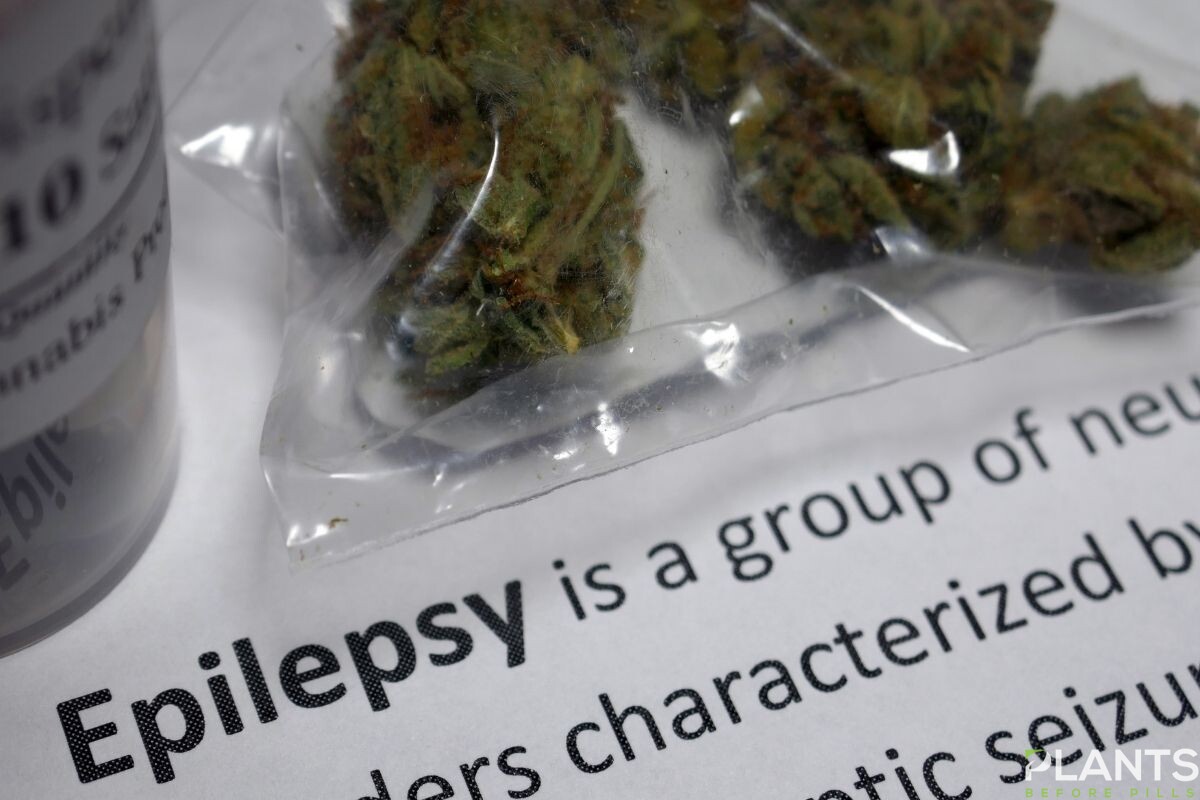
Epidiolex and Its Effectiveness
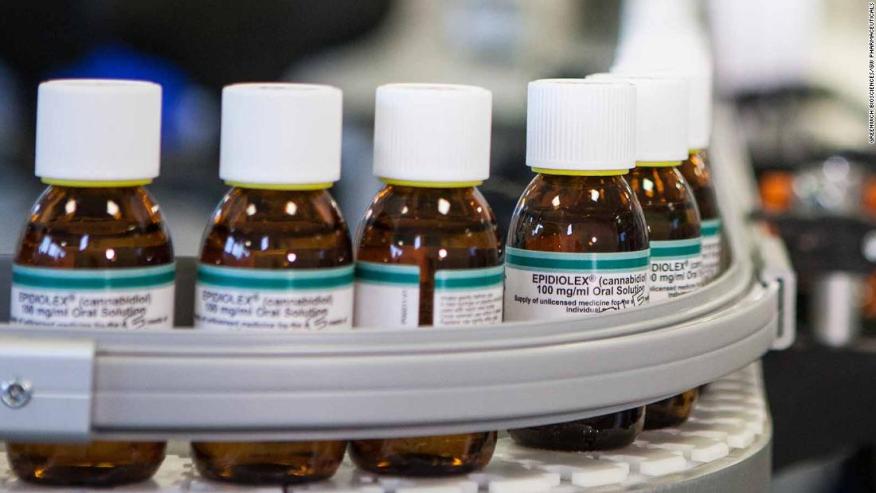
How to Use Epidiolex
As instructed by your doctor, take Epidiolex medicine twice a day by mouth. With or without meals, this drug should be taken in the same manner for each and every dose. Choosing one method and sticking to it is essential. How much medicine you take is determined by your health status and any other drugs you may be taking. If you’re taking any kind of medication, whether prescription or non-prescription, inform your doctor and pharmacist about it. Your doctor may instruct you to begin taking this medicine at a lower dosage and gradually raise your dosage in order to minimize the chance of adverse effects. Your doctor may also gradually lower your dosage if you are told to stop using this medicine. Observe your doctor’s advice to the letter. Using a specific spoon or measuring equipment, carefully measure the dosage. Avoid using a household spoon since you may not receive the right dosage.Side Effects
Sleepiness, exhaustion, difficulty falling asleep or staying asleep, a lack of energy and a decrease in appetite, weight loss, or diarrhea are all possibilities. It’s important to notify your doctor or pharmacist if any of these side effects continue or worsen. Remember that your doctor ordered this medicine because he or she believes that the benefits outweigh the risks. The majority of people who use this medicine do not have any substantial adverse effects. Signs of liver damage should be reported to your doctor as soon as possible. Anti-seizure medicines may cause depression, suicidal thoughts, or other mental/mood issues in a tiny percentage of people. The risk of a severe allergic response to this medication is quite low. However, if you detect any signs of a severe allergic response, such as a rash, itching, swelling, severe dizziness, or difficulty breathing, you should seek immediate medical attention.How Much Is Epidiolex?
The price of Epidiolex might vary, just like the price of any other drug. Epidiolex may only be available at a specialized pharmacy. Specialty drugs are permitted to be sold at this pharmacy. Patients may need assistance from a healthcare professional in order to properly and efficiently utilize these medications. Your insurance provider may demand that you obtain prior authorization before covering Epidiolex. As a result, before your insurance company will pay a prescription medication, your doctor and insurance company must talk about it. Whether or not a medicine is covered by insurance depends on the outcome of the prior authorization request. Your insurance provider can help you determine whether or not you need prior permission for Epidiolex.Conclusion
Though Epidiolex is an FDA-approved drug, there are no guaranteed similar good effects on every person. So if you ever encountered side effects that are listed above or anything that makes you feel uncomfortable after taking Epidiolex, it is recommended to consult your doctor immediately.Medical Disclaimer:
The information provided in these blog posts is intended for general informational and educational purposes only. It is not a substitute for professional medical advice, diagnosis, or treatment. Always seek the advice of your physician or other qualified healthcare provider with any questions you may have regarding a medical condition. The use of any information provided in these blog posts is solely at your own risk. The authors and the website do not recommend or endorse any specific products, treatments, or procedures mentioned. Reliance on any information in these blog posts is solely at your own discretion.
Benefits of Medical Marijuana
Cannabis as a Natural Treatment for Autism [VIDEO]
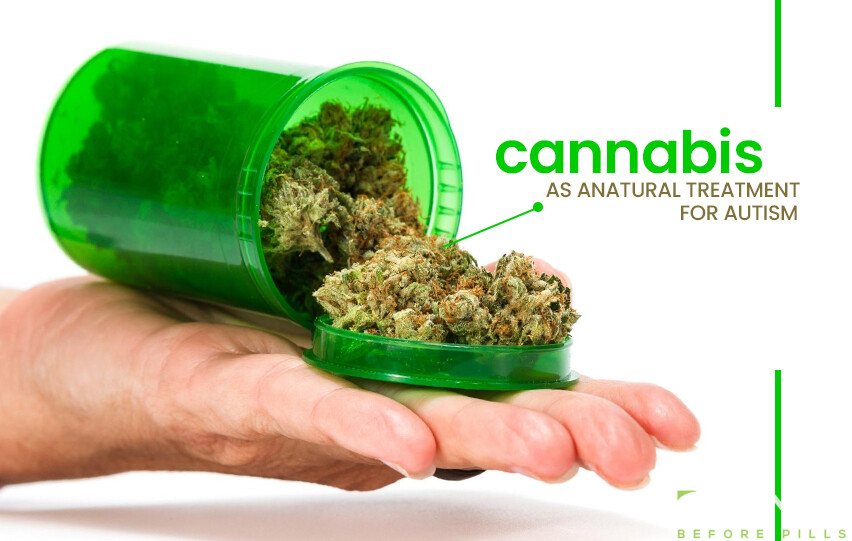
When typical medications simply aren’t doing enough to manage their children’s symptoms, mothers like Jenni Mai are turning to medical marijuana for a more natural autism treatment.
Medical Disclaimer:
The information provided in these blog posts is intended for general informational and educational purposes only. It is not a substitute for professional medical advice, diagnosis, or treatment. Always seek the advice of your physician or other qualified healthcare provider with any questions you may have regarding a medical condition. The use of any information provided in these blog posts is solely at your own risk. The authors and the website do not recommend or endorse any specific products, treatments, or procedures mentioned. Reliance on any information in these blog posts is solely at your own discretion.
Benefits of Medical Marijuana
CBD for Lung Cancer: Can it Help?

Science-Backed Findings
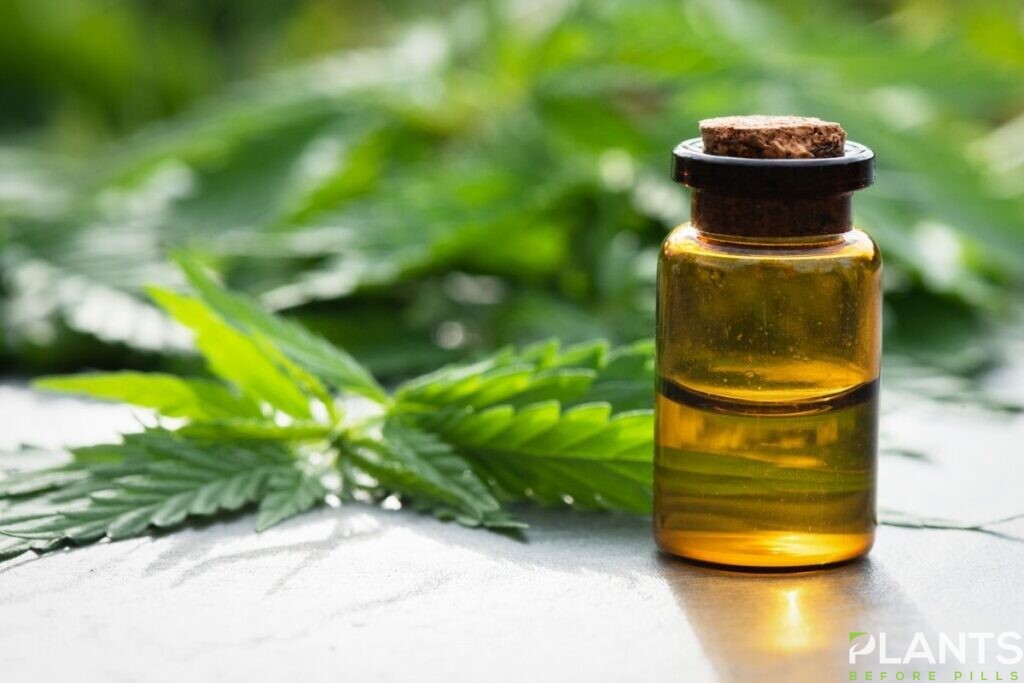
Addressing Cancer Symptoms
Chronic pain is one of the hallmark characteristics of cancer. Fortunately, cannabidiol is known to address chronic pain by interacting with parts of the brain in charge of pain and pleasure. This cannabinoid can be used for pain management thanks to its pain-relieving and anti-inflammatory properties. As for other distinct symptoms of cancer and its treatment such as vomiting, nausea, and cachexia, another cannabinoid is known to address them. The FDA has approved the use of two synthetic THC medications to treat nausea and vomiting. Moreover, cancer and its symptoms like cachexia are considered to be qualifying conditions for medical marijuana.Essential Reminder
It is important to remember that further studies are needed and approval from regulatory bodies such as the Food and Drug Administration is required. CBD should not be considered as an alternative treatment or a cure, but only as a treatment aid. To ensure the safe consumption of CBD for such conditions, make sure to consult your doctor.The Takeaway
CBD has been showing potential for treating cancer through various studies. Those who are looking into using it as a treatment aid can do so as long as they are aware of the potentials and limitations of this substance.Medical Disclaimer:
The information provided in these blog posts is intended for general informational and educational purposes only. It is not a substitute for professional medical advice, diagnosis, or treatment. Always seek the advice of your physician or other qualified healthcare provider with any questions you may have regarding a medical condition. The use of any information provided in these blog posts is solely at your own risk. The authors and the website do not recommend or endorse any specific products, treatments, or procedures mentioned. Reliance on any information in these blog posts is solely at your own discretion.
Benefits of Medical Marijuana
Where is the Best Place to Buy Medical Marijuana?
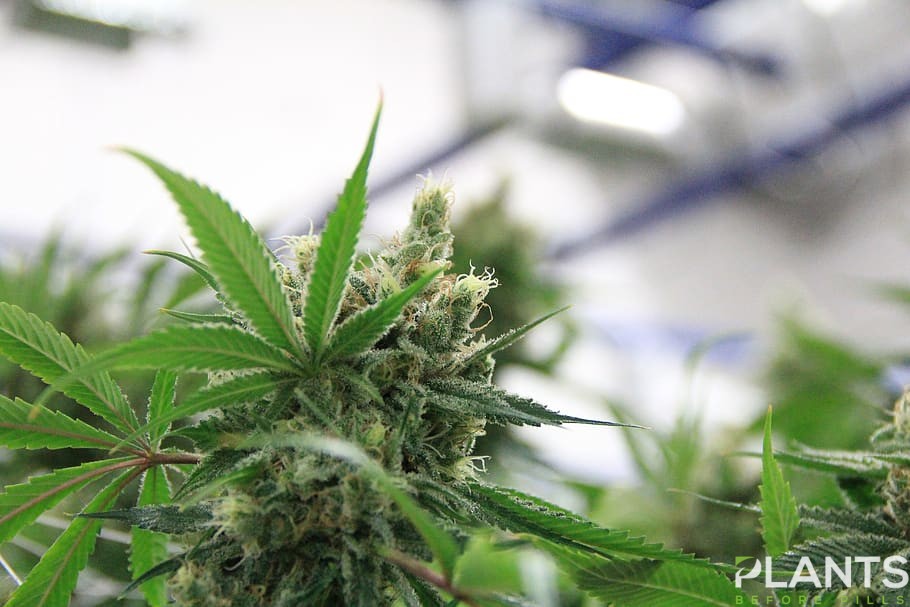
Despite many states having legislation forbidding the use of medicinal marijuana, more than two-thirds of them and the District of Columbia have legalized it, with more on the way. Although many individuals use marijuana, the FDA only authorizes it to treat Dravet syndrome and Lennox-Gastaut syndrome, two uncommon and severe types of epilepsy.
Why hasn’t there been more investigation? One explanation is that marijuana is classified as a Schedule I substance by the United States Drug Enforcement Administration (DEA) and heroin, LSD, and ecstasy. It is very likely to be misused and has no medicinal benefit. According to Marcel Bonn-Miller, Ph.D., a drug abuse expert at the University of Pennsylvania Perelman School of Medicine, researchers require specific permission to study it because of this.
The DEA contemplated reclassifying marijuana as a Schedule II substance, similar to Ritalin or oxycodone, but decided against it. That is unlikely to alter very soon. However, the government agreed to finance further marijuana studies and make the process easier for researchers. Here, we will provide some background information on the uses of medicinal marijuana and its potential adverse effects.

What exactly is medicinal marijuana?
Medical marijuana is a type of marijuana used to cure diseases or symptoms by using the marijuana plant or its other components. Although it has the same active component as recreational marijuana, its uses are solely for medical purposes.
Cannabinoids, which there are hundreds of, are a large category of chemicals found in marijuana plants. Each has its particular effect on the human body. Often in medicine (CBD), the most frequently used are the chemicals delta-9-tetrahydrocannabinol (THC) and cannabidiol (CBD). THC is also responsible for the high that people experience when they smoke marijuana or consume THC-containing foods.
What is medical marijuana used for?
There is medical marijuana research to see if it can assist with a variety of ailments, including:
- Chronic pain: a condition that affects the central nervous system.
- Nausea
- Muscular spasms, particularly those linked with diseases like multiple sclerosis
- Difficulties with sleep
Cannabis also treats the following ailments:
- Cancer
- Chronic pain
- Glaucoma
- Migraine
- Any other chronic or persistent medical condition that restricts your capacity to carry out essential life activities or that, if not treated, might cause substantial harm to you.
Cannabis is beneficial in the treatment of diseases or the symptoms of illnesses, including appetite loss. Because it makes those who consume it extremely hungry, it has shown to be particularly effective in treating various diseases. AIDS is one example of this illness.
It is not sound advice to use medical marijuana to diagnose or treat medical problems. Using it to diagnose or treat ailments will have little or zero effect on the outcomes of these illnesses. Cannabis should be in use to relieve nagging symptoms of diseases. With minimal signs accompanying a particular disease, people suffering from this disease are more likely to be happy.
Cannabis helps to relieve symptoms like:
- Chronic pain
- Glaucoma
- Migraine
- any other chronic or persistent medical symptom that limits your ability to conduct significant activities in life or can cause serious harm to you if not relieved
Because cannabis can make you hungry, it’s also helpful in treating conditions or side effects of diseases that cause a loss of appetite, such as AIDS.
Medical marijuana is for relieving symptoms, not treating or curing diseases, as using it won’t change the outcome of a specific illness. But it can ease certain symptoms, make you feel better, and improve your quality of life.
How does medical marijuana help?
The active compounds in medicinal marijuana, known as cannabinoids, are comparable to chemicals produced by the body and are involved in hunger, memory, movement, and pain.
Cannabinoids, according to limited studies, may:
- Reduce your anxiety levels
- Relieve pain and reduce inflammation
- Control cancer chemotherapy-induced nausea and vomiting
- Kill cancer cells and slow tumor development
- Relax tight muscles in people with MS
- Stimulate appetite and improve weight gain in people with cancer and AIDS
Has the FDA approved medical marijuana?

Epidiolex, a cannabinoid, was authorized in 2018 to treat seizures linked with Lennox-Gastaut syndrome and Dravet syndrome, two uncommon and severe types of epilepsy. In addition, the FDA has approved two cannabis medications produced by humans. Dronabinol (Marinol, Syndros) and nabilone are the drugs in question (Cesamet). They’re used to alleviate chemotherapy-induced nausea and vomiting. Epidiolex, a cannabinoid, was authorized in 2018 to treat seizures linked with Lennox-Gastaut syndrome and Dravet syndrome, two uncommon and severe types of epilepsy.
Where is the best Medical Marihuana Delivery Place?
Sun Valley Caregivers prides itself on selling our quality medical marijuana products and offering the best marijuana delivery services. They provide compassionate customer service, competitive prices, overall cleanliness, and safe access with plenty of easy parking. The charge is only 14.5% tax for medical customers to boost further the quality of experience they offer customers. If you are a recreational customer, the tax charge is only 19.5%.
Talk of being an authority in the field, Sun Valley Caregivers is one of the first legal cannabis in California operating since 2006. So if you are looking for the best, secure, fast, and reliable medical marijuana delivery, you should consider Sun Valley Caregivers.
Medical Disclaimer:
The information provided in these blog posts is intended for general informational and educational purposes only. It is not a substitute for professional medical advice, diagnosis, or treatment. Always seek the advice of your physician or other qualified healthcare provider with any questions you may have regarding a medical condition. The use of any information provided in these blog posts is solely at your own risk. The authors and the website do not recommend or endorse any specific products, treatments, or procedures mentioned. Reliance on any information in these blog posts is solely at your own discretion.
Benefits of Medical Marijuana
5 Ways CBD Helps Heal Acne and Rosacea [VIDEO]
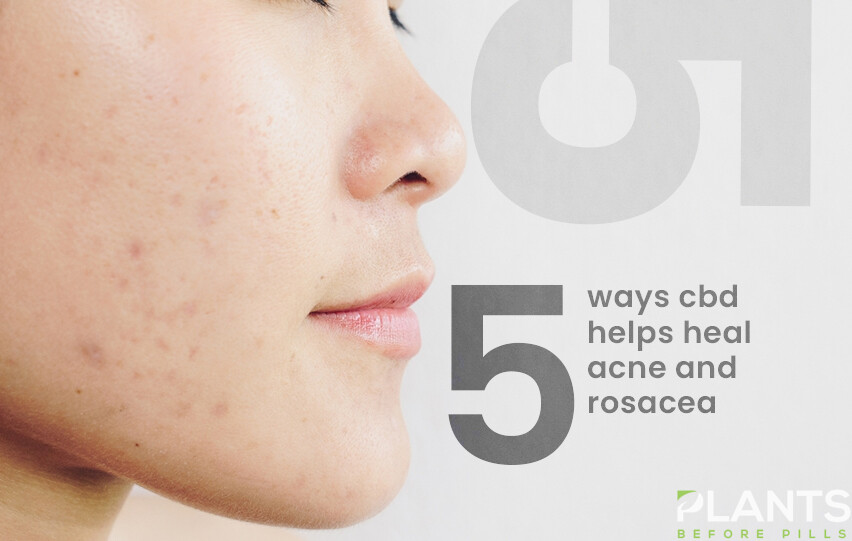
If you have already tried so many different products for acne and/or rosacea and your skin is now oversensitized, then the answer might be to use CBD. Find out more in this video.
Medical Disclaimer:
The information provided in these blog posts is intended for general informational and educational purposes only. It is not a substitute for professional medical advice, diagnosis, or treatment. Always seek the advice of your physician or other qualified healthcare provider with any questions you may have regarding a medical condition. The use of any information provided in these blog posts is solely at your own risk. The authors and the website do not recommend or endorse any specific products, treatments, or procedures mentioned. Reliance on any information in these blog posts is solely at your own discretion.
Benefits of Medical Marijuana
Does CBD Improve Mental Health? [VIDEO]
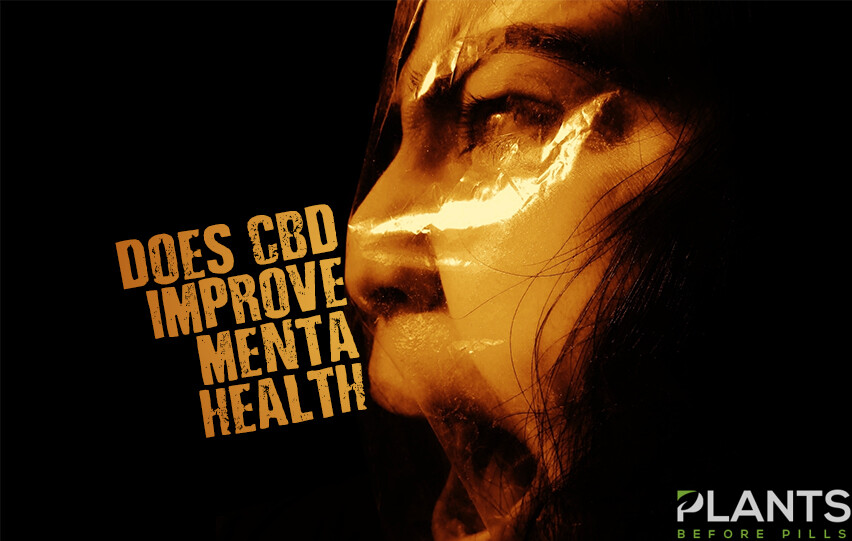
CBD is a big buzzword in health circles these days. The compound is being added into many recipes and products and used to treat a variety of issues, including mental health conditions. The question is: what does research actually say about its claims?
Medical Disclaimer:
The information provided in these blog posts is intended for general informational and educational purposes only. It is not a substitute for professional medical advice, diagnosis, or treatment. Always seek the advice of your physician or other qualified healthcare provider with any questions you may have regarding a medical condition. The use of any information provided in these blog posts is solely at your own risk. The authors and the website do not recommend or endorse any specific products, treatments, or procedures mentioned. Reliance on any information in these blog posts is solely at your own discretion.
Benefits of Medical Marijuana
Does CBD Improve Mental Health? [VIDEO]

CBD is one of the main buzzwords these days. A lot of people are using it to treat a variety of issues, including mental health. The question is – is CBD really effective when it comes to aiding mental health?
Medical Disclaimer:
The information provided in these blog posts is intended for general informational and educational purposes only. It is not a substitute for professional medical advice, diagnosis, or treatment. Always seek the advice of your physician or other qualified healthcare provider with any questions you may have regarding a medical condition. The use of any information provided in these blog posts is solely at your own risk. The authors and the website do not recommend or endorse any specific products, treatments, or procedures mentioned. Reliance on any information in these blog posts is solely at your own discretion.
Benefits of Medical Marijuana
The State of Cannabis in Washington State: Things To Know in 2021

The Pacific Northwest is well known for its beautifully lush landscapes, crisp apples, fresh air, and progressive lifestyle/health views. Being the only state named after a United States president(George Washington), Washington is a place many happily and willingly call home or their sanctuary.
In terms of other well-knowns, Washington state was one of the first to legalize cannabis for recreational use nearly a decade ago (2012 to be exact). As long as you are 21 years old or older and reside in the state, you can privately partake in the consumption of cannabis without any legal ramifications. This has been an appeal to many across the country, with some actually moving to the state for this reason.
In 2021, and with the dawn of a new administration in the White House, marijuana looks to have a very bright few years ahead. We’ve already seen an emergence of pot stocks and hometown dispensaries budding up all around the United States and the rest of North America, and that only looks to continue into the near future.
If you’re in the mood to finally take the leap into using cannabis, now could be a great time to learn more about this wonderful plant and its many healing and rejuvenating properties.
What is it used for mainly in 2021?
Cannabis was once thought only to be good for “getting high.” There has been a plethora of scientific research giving us a better understanding of this miracle plant. It has been used to treat Cancer, Epilepsy, Seizures, Glaucoma, PTSD, Multiple Sclerosis, Inflammation, and even Alzheimer’s disease. In 2021 after a rough 2020, many have been using it as a healthier way to indulge at home, protecting themselves from the ongoing pandemic. Instead of frequent alcohol consumption, there has been a larger shift towards the consumption of cannabis as it has been stated to be less harmful to vital organs like the heart and liver. Alcohol also creates a lot of inflammation within the body, whereas cannabis reportedly fights inflammation.
Best places to buy it in 2021?
The best places to purchase your cannabis are from state-licensed retailers in Washington. Purchasing weed through private means(aka black-market) is still illegal and should be avoided at all costs. Make sure to do your due diligence when seeking reputable dispensaries as there are “pop-up shops” that claim being licensed but are not, and purchasing from them could result in a hefty fine or even jail time.
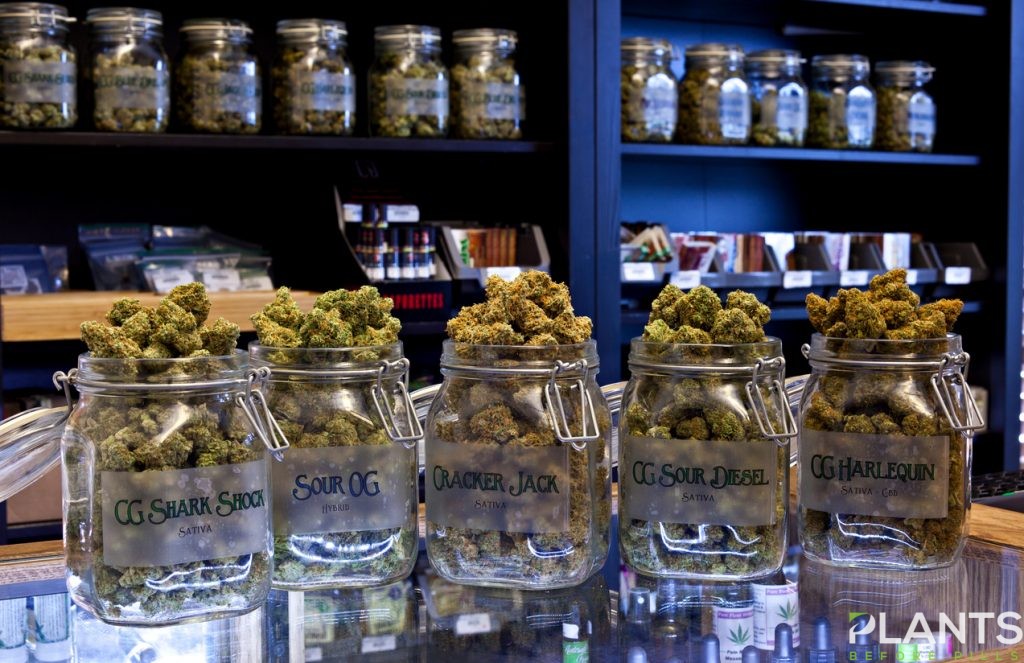
Per WeedMaps, Medical marijuana patients may purchase and possess up to:
- 3 ounces of marijuana, or 85 grams;
- 48 ounces, or 1.36 kilograms of marijuana-infused products in solid form;
- 1.69 gallons, or 6.4 liters of marijuana-infused products in liquid form, or;
- 21 grams of marijuana concentrate.
Washington state cannabis Legislation in 2021
As far as growing and cultivation of marijuana for personal use, this is still illegal. Washington cannabis laws are more liberal than other states, but there are still many restrictions, such as not being able to consume it in “public view”. The most notable push in the cannabis space in Washinton state is a bill for home cultivation.
Conclusion
Washington is a great place to visit and, for many, is one of the best places to call home due to its stance on cannabis consumption. With 2021 being a year of progression, it looks like the state of cannabis in Washington will only continue to shine.
Medical Disclaimer:
The information provided in these blog posts is intended for general informational and educational purposes only. It is not a substitute for professional medical advice, diagnosis, or treatment. Always seek the advice of your physician or other qualified healthcare provider with any questions you may have regarding a medical condition. The use of any information provided in these blog posts is solely at your own risk. The authors and the website do not recommend or endorse any specific products, treatments, or procedures mentioned. Reliance on any information in these blog posts is solely at your own discretion.
-
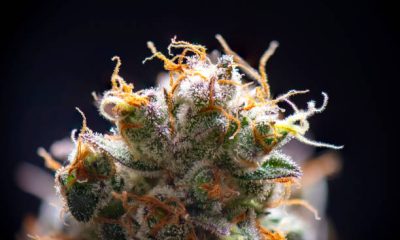
 Cannabis 1015 months ago
Cannabis 1015 months agoExploring the Powerful Profile of Sour Diesel Terpenes: Aroma, Effects, and Uses
-
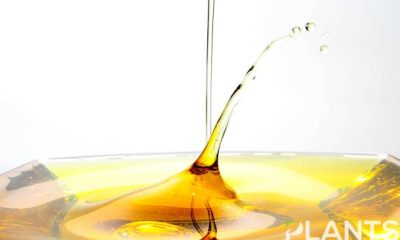
 Videos5 months ago
Videos5 months agoLive Resin Explained: A Potent Cannabis Extract Guide
-
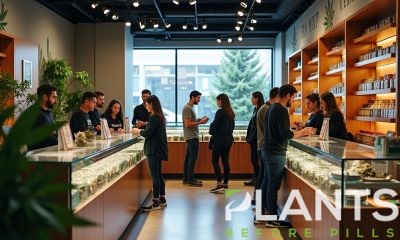
 Cannabis 1015 months ago
Cannabis 1015 months agoWhere to Find the Best Weed Stores in Calgary Without the Headache
-
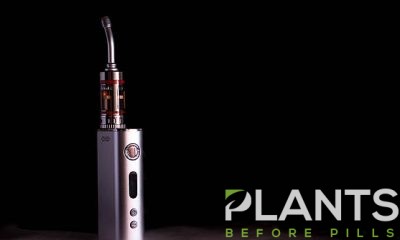
 Cannabis 1015 months ago
Cannabis 1015 months agoThe Future of vape hardware manufacturer: Innovation Quality and Compliance
-
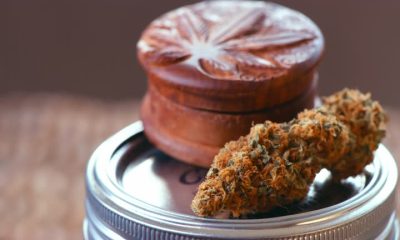
 General4 months ago
General4 months agoIntroduction to Buying Marijuana Seeds
-
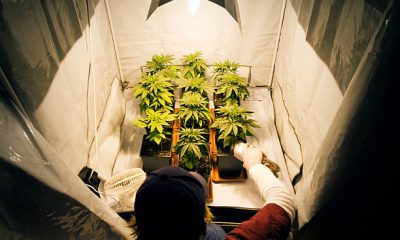
 Cannabis 1014 months ago
Cannabis 1014 months agoThe Complete Guide to Growing Marijuana Tohumsuz
-
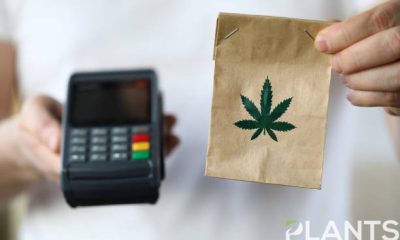
 Cannabis Business5 months ago
Cannabis Business5 months agoBenefits of Partnering with a Cannabis POS Provider
-
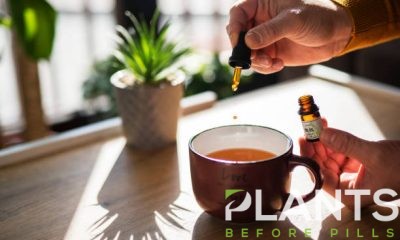
 CBD Products5 months ago
CBD Products5 months agoThe Power of CBD: Exploring its Benefits, Uses, and Future

